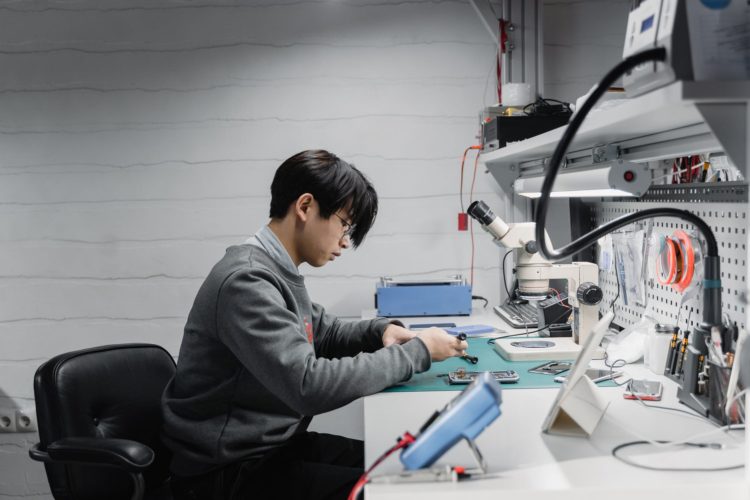During the early days of the pandemic in 2020, COVID-19 shut down many operations of operations including laboratory testing. In some parts of the world efficacy and efficiencies have yet to return to 2019 levels.
And as organisations, including laboratories, adjust to the remote operations normalcy, Frost & Sullivan has observed several trends in the making.
In an environment of enhanced safety consciousness, supply chain stakeholders must adhere closely to all regulations and obtain the required certifications. A sustainable way for stakeholders to resolve these challenges is to adopt next-gen product and sample testing solutions that employ emerging technologies such as automation, Internet of Things (IoT), and data analysis.

“Industry 4.0 technologies seemed like a pipe dream in laboratory testing services, even until 18 months ago. Although forward-looking analytical instrumentation vendors started infusing advanced automation technologies into their instrumentation, testing labs were yet to be convinced of their business case,” observed Kiran Unni, industrial technologies, vice president at Frost & Sullivan.
She cautioned that with COVID-19 accelerating the digital transformation of businesses, stakeholders all along the supply chain have begun to adopt robotics and sensors to remotely monitor the testing processes and results.

An observation shared by August Specht, VP of R&D for chromatography and mass spectrometry at Thermo Fisher Scientific who commented that in the design of its next generation of instruments, the company is looking to incorporate more sensing technologies to give users a truly digital experience.
“Our solutions will address the customer demand for increased workflow automation through robotics and automated algorithms that can connect the user to the instruments remotely. The testing systems will also meet the need for superior diagnostics, better data access for users all over the world, and remote training for employees and customers,” he added.
Remote operations
Overall, testing technologies that simplify remote operations will be pivotal to labs’ digital transformation for several reasons:
As food supply chains become global, food testing labs must adhere to local and international governing rules.
Laboratories need to ensure quicker turnaround times to keep pace with demand.
Modern data analysis and software that can generate rapid and accurate reports will expedite flag reviews and enhance the capabilities of the testing laboratory.
A shortage of personnel with the right background and training has intensified the need for more advanced automation technologies.




